Table of Contents
Medical billing is a critical component of any healthcare practice. Accurate billing ensures timely reimbursements, regulatory compliance, and smooth daily operations, directly impacting the financial health of a clinic or hospital. Errors or inefficiencies in billing can lead to delayed payments, claim denials, and administrative bottlenecks, which may affect both revenue and patient satisfaction. Medical Billing Company vs In-House Billing
When it comes to managing billing, healthcare providers face a crucial decision: should they hire a medical billing company or manage billing in-house? This choice can influence the efficiency of the revenue cycle, the accuracy of claims, and the overall operational workflow of the practice.
In this article, we delve deep into the Medical Billing Company vs In-House Billing debate, examining the advantages, challenges, and long-term implications of each approach. By understanding the differences between these two options, healthcare providers can make an informed decision that optimizes revenue, reduces administrative burden, and allows clinicians to focus on delivering quality patient care.
Understanding In-House Billing
In-house billing involves hiring a dedicated team within your clinic or hospital to handle all billing tasks. This team is responsible for:
- Patient registration and insurance verification
- Medical coding and claim preparation
- Submitting claims to insurance companies
- Handling denials and re-submissions
- Generating invoices and financial reports
While in-house billing gives you direct control over the process, it comes with certain challenges and costs.
Advantages of In-House Billing
- Direct Control – You have complete oversight of every claim, invoice, and financial process.
- Immediate Communication – Billing staff is onsite, making it easy to clarify issues with clinicians or patients.
- Customized Processes – You can design workflows specific to your clinic’s needs.
- Patient Interaction – Staff can directly address patient billing questions, enhancing satisfaction.

Challenges of Outsourced Medical Billing
- Less Direct Control – You rely on a third party for daily billing tasks.
- Communication Barriers – Remote teams may take longer to resolve issues.
- Upfront Costs – While often cost-effective in the long run, initial setup fees or service contracts may apply.
- Data Security Concerns – Sensitive patient information must be handled carefully; choose HIPAA-compliant companies.
Medical Billing Company vs In-House Billing: Key Comparison
| Feature | In-House Billing | Medical Billing Company |
|---|---|---|
| Cost | Higher (salaries, software, training) | Often lower (pay per claim/service) |
| Expertise | Limited to staff skills | Specialized, experienced team |
| Scalability | Difficult to scale | Easily scalable with patient volume |
| Control | Full control | Less direct control |
| Compliance | Depends on staff knowledge | Up-to-date with regulations |
| Turnaround Time | May be slower | Faster claim processing |
| Focus on Care | Diverts staff attention | Lets clinicians focus on patients |

How to Decide Which Option Is Right for Your Practice
- Evaluate Your Practice Size – Large hospitals may benefit from an in-house team, while small to mid-size clinics often gain more from outsourcing.
- Assess Staff Expertise – If your team lacks certified coders or billing experience, a medical billing company can reduce errors and denials.
- Consider Budget Constraints – Outsourcing reduces overhead costs and eliminates hiring/training expenses.
- Prioritize Revenue Cycle Efficiency – Timely reimbursements are essential; evaluate which option ensures faster cash flow.
- Focus on Patient Care – If administrative tasks are distracting clinicians, outsourcing may be better.
- Check Compliance Needs – Ensure whichever option you choose maintains HIPAA and payer compliance.
The choice between a medical billing company vs in-house billing depends on your clinic’s size, budget, and operational priorities. In-house billing provides direct control but comes with higher costs, staffing challenges, and potential workflow bottlenecks. A medical billing company offers expertise, efficiency, and compliance, allowing healthcare providers to focus on patient care while reducing administrative burdens and minimizing errors.
Ultimately, the right decision balances cost, accuracy, workflow efficiency, and long-term scalability. Many practices even opt for a hybrid approach, maintaining a small in-house team for patient interaction while outsourcing complex claims and coding to professionals for maximum effectiveness.
By understanding the differences, advantages, and challenges of both options, healthcare providers can choose the most effective billing solution to optimize revenue, improve patient satisfaction, and ensure seamless operations across all departments, services, and administrative functions.




